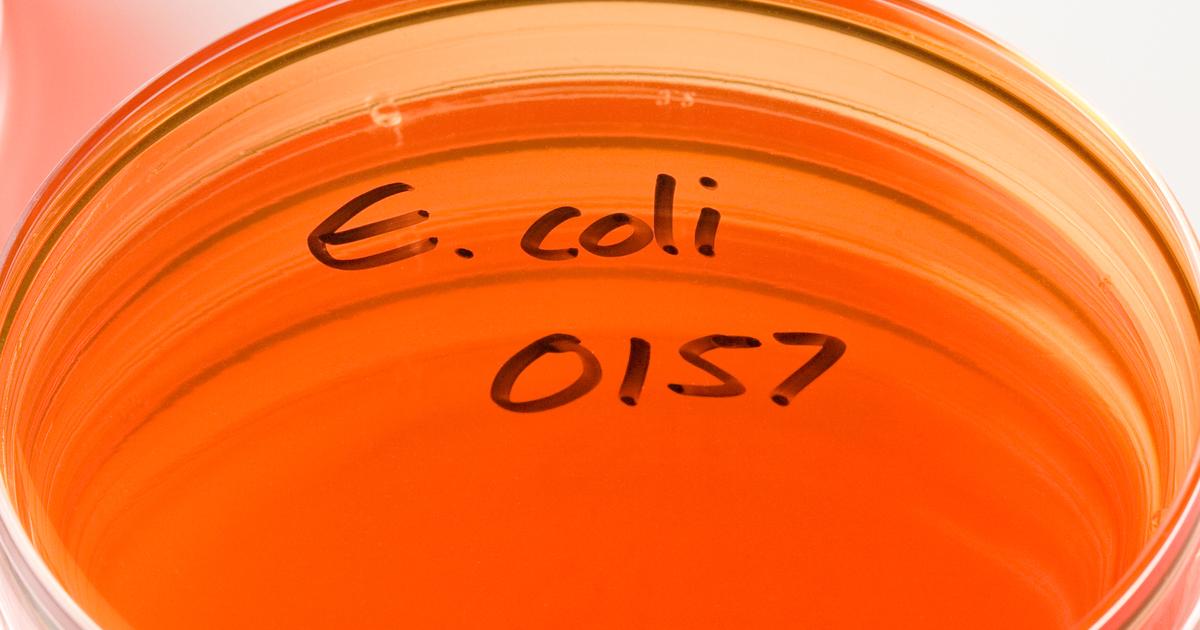Common Causes Of Hemolytic Uremic Syndrome
Hemolytic uremic syndrome is a condition where blood vessels located inside of an individual's kidneys become inflamed and incur damage from blood clots due to red blood cell and platelet breakdown. An individual affected by hemolytic uremic syndrome may experience symptoms such as diarrhea, bloody stools, lethargy, fatigue, dehydration, uremia, easy bruising, vomiting, pale skin, abdominal pain, irritability, fever, hematuria, confusion, swollen face, swollen limbs, and seizures. Diagnosis of hemolytic uremic syndrome is made with a physical examination, blood testing, urine test, and stool sample test. Treatment for hemolytic uremic syndrome may include fluid replacement, blood transfusion, platelet transfusion, or plasma exchange.
There are several causes of hemolytic uremic syndrome. Learn about them now.
E. Coli Infection

Children younger than five years old who develop hemolytic uremic syndrome have it because of an infection by a bacteria called E. coli. E. coli refers to a family of bacteria that lives inside of the intestinal tract of healthy animals and humans that rarely ever causes a problem. However, some strains of the E. coli bacteria are known to cause loose, watery stools and produce a toxic substance called the Shiga toxin. The strains of E. coli that make this toxin are referred to as Shiga toxin-producing E. coli (STEC). An individual who has contracted an infection due to STEC can experience the invasion of the bloodstream by the Shiga toxin, which can then move around the body and cause damage to the small blood vessels. This blood vessel damage is what can lead to the development of hemolytic uremic syndrome. An individual may contract a Shiga toxin-producing E. coli infection after they consume undercooked, spoiled, or poorly processed foods. An individual may also contract a Shiga toxin-producing E. coli infection after being exposed to contaminated water.
Continue reading to reveal more causes of hemolytic uremic syndrome now.
